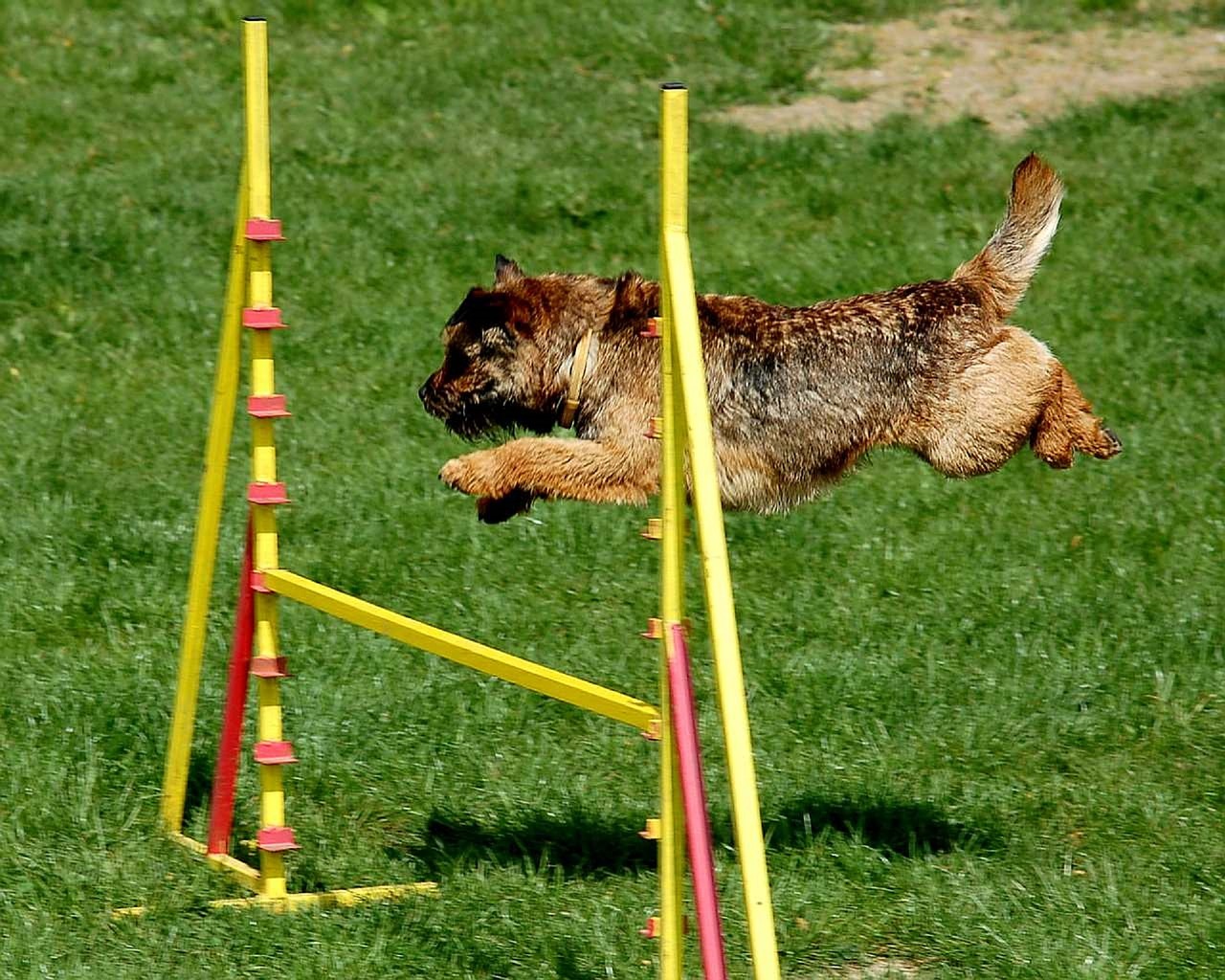Restraint is a fundamental aspect of patience. We (the royal we) get so caught up with pre-conceived notions of what’s cool or what’s compelling that we misjudge the value of our content. We later measure our efforts and see a disconnect between our confidence and actual viewer behavior.
We’re left wondering, “what happened?”
Mistake #1: Forcing a Narrative
The challenge: scripting on the go without forcing a narrative.
I previously wrote about the skill of “scripting” or structuring your perspective as you improvise. Counterpoint: it’s easy to become myopic. When we look for familiar patterns and trends, we may revert to biases and prejudices that cloud the real story that transpires.
When in doubt, observe and report when you’re filming live events. Resist the urge to editorialize every single detail. Save your in-depth analysis for a later portion or subsequent video. Here, your goal is to record what’s happening. Yes, you’re running with a general “script”. However, give room for proceedings to play out without intervention. You may end up gathering footage better than you ever imagined because you got out of your own way.
Mistake #2: Over-extending Your Resources
Taking risks is part of the game. However, not every risk is equal. Some risks are incredibly bad ideas. These foolish gambits over-extend your team and resources with the promise of a delusional ROI. In other words, it’s not worth it.
Pushing the envelope is one thing. Maybe you can pull some strings to get exclusive access or insider knowledge. That’s great! On the other hand, keep in mind who and what is at your disposal. Don’t sacrifice quality and strategy because you feel like it.
Take stock of your team and your tech. Survey your surroundings.
-
What are the constraints?
-
Where can you go?
-
Who can help you?
You’re looking for minimal constraints that are easily surmounted, a large number of filming possibilities (angles, locations, types of video like recaps/reviews, interviews, overviews), and a sizable support network.
Mistake #3: Ignoring the Observations of Others
Every member of your crew needs to be on the same wavelength. Ignoring their observations limits the potential value of your videos. Remember, these people are your extra senses. They see and hear different perspectives beyond your own. You may be sitting on an incredible video if you just ask your teammates what’s caught their attention.
Recognizing your team’s capabilities and your own limitations leads to opportunities previously unconsidered. Maybe one teammate is a skilled networker/negotiator. Enlist his/her help in coordinating with location and event organizers.
Don’t shoulder all of the burden. Delegate responsibilities when possible to create ownership and buy-in. Ask for suggestions on how to improve your collective process.
Bottom line: you may find increased efficiency, better performing videos, and a happier production environment when you get out of your own way.



